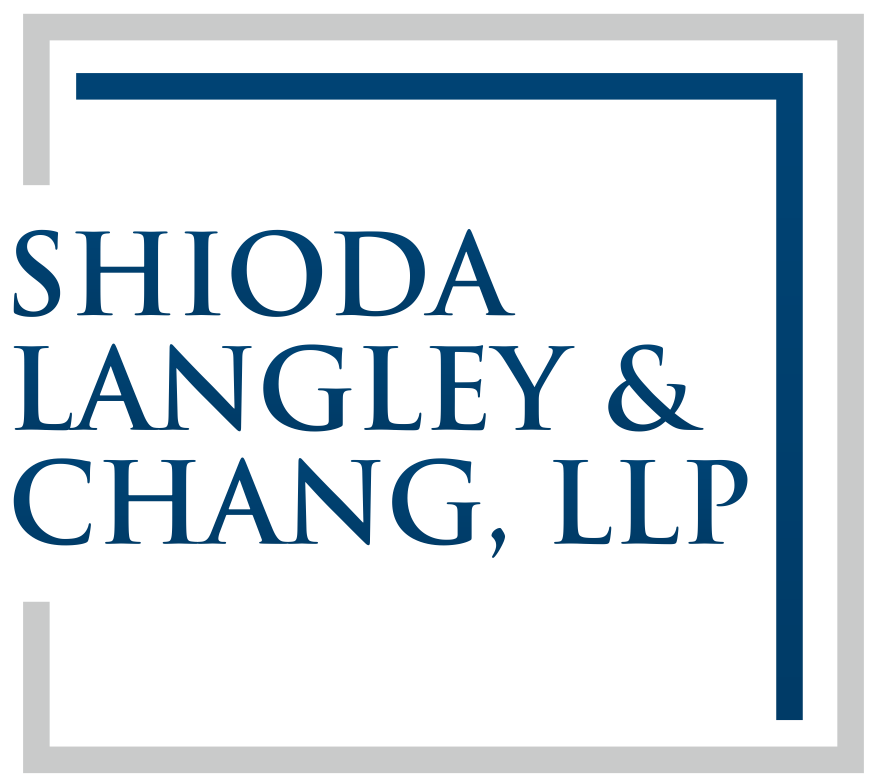Frequently Asked Bankruptcy Questions
Frequently Asked Bankruptcy Questions
Understanding Bankruptcy Basics
-
Think of bankruptcy as a fresh start button for your finances when you're in over your head with debt. It's a legal process that helps you either wipe out your debts completely or set up a manageable plan to pay them back. The whole point is to give you breathing room and a path forward when you're struggling financially.
Here's the basic process: You'll file some paperwork with the court laying out all your debts, assets, and financial situation. Once you file, most debt collectors have to stop calling you (pretty nice, right?). Then, depending on which type of bankruptcy you choose, you'll either have your debts wiped clean or work out a payment plan you can actually handle.
-
Let's break down the main types in plain English:
Chapter 7 - The Fresh Start: This is what most people think of when they hear "bankruptcy." It's like hitting a reset button on your finances. Most of your debts get wiped out, and you can start fresh. The catch? You might have to give up some property, though most people actually get to keep most or all of their stuff through exemptions. It's usually best if you have a lot of credit card or medical debt and not much income to pay it back.
Chapter 13 - The Repayment Plan: Think of this as a debt consolidation plan with superpowers. You keep your property but agree to pay back some of your debts over 3-5 years. It's great if you have a steady income and want to catch up on missed mortgage or car payments. Plus, you might be able to lower some payments or even eliminate some second mortgages.
Chapter 11 - The Business Reorganization: This one's usually for businesses or people with really high debts. It lets you keep running your business while reorganizing your debts. Unless you're a business owner or have millions in debt, this probably isn't the one for you. More details are Chapter 11 Here
-
Let's bust some myths:
"I'll lose everything I own!" → Nope! Most people keep most or all of their stuff through exemptions.
"I'll never get credit again!" → Not true. You can usually get credit cards within a year (or sooner), though interest rates might be higher at first.
"Everyone will know I filed!" → Unless you're famous, most people won't know unless you tell them.
"I'll lose my job!" → Actually, it's illegal for employers to fire you just because you filed for bankruptcy.
"I can never file bankruptcy again!" → You can, but there are waiting periods between filings.
-
The automatic stay is like a force field that goes up the moment you file for bankruptcy. As soon as you file, most creditors have to stop:
Calling you or sending collection letters
Suing you or continuing existing lawsuits
Garnishing your wages
Foreclosing on your house
Repossessing your car
Even shutting off your utilities
It's immediate protection that gives you breathing room while your bankruptcy case moves forward. Pretty cool, right?
-
Let's be real - bankruptcy will ding your credit score, and it stays on your credit report for a while (10 years for Chapter 7, 7 years for Chapter 13). But it's probably not as bad as you think:
Most people's credit scores actually start improving pretty quickly after bankruptcy
You can usually get a secured credit card right away
Regular credit cards often become available within a year
Car loans are possible within months of filing, though interest rates might be higher
Home loans are possible in 2 for FHA/VA loans and 4 years for traditional financing.
Remember, if you're considering bankruptcy, your credit score is probably already suffering from missed payments. Sometimes bankruptcy can actually be the fastest path to rebuilding your credit. Think of it as short-term pain for long-term gain.
Filing Process & Requirements
-
Description text goes here
-
Description text goes here
-
Description text goes here
